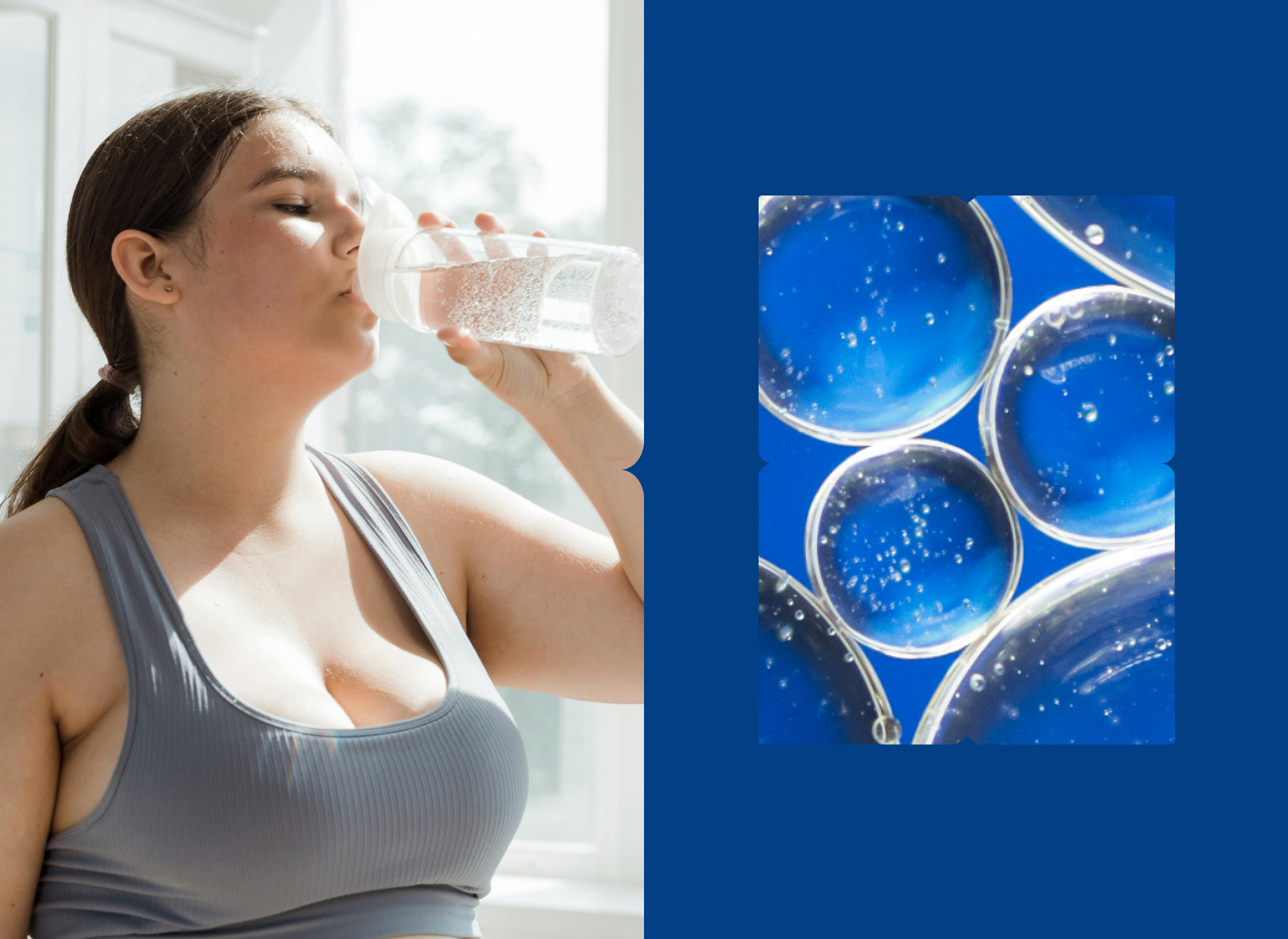How long does dehydration last?
The duration of dehydration varies significantly depending on its severity and how quickly it's addressed. For mild dehydration, which can occur after exercise or minor fluid loss due to factors like sweating, recovery is typically quick. Once you start drinking water and electrolyte-rich fluids, symptoms such as dry mouth, thirst, and mild fatigue generally improve within a few hours. The body can efficiently rehydrate during this time, especially when fluids are consumed promptly after fluid loss.
Moderate dehydration tends to last longer and is often a result of more prolonged fluid loss, such as from vomiting, diarrhea, or a period of inadequate fluid intake. In these cases, it can take 12 to 24 hours to fully recover. It’s important to not only replenish water but also restore electrolytes, as electrolyte imbalances can lead to prolonged symptoms. Drinks like oral rehydration solutions, sports drinks, or electrolyte tablets are particularly useful in these situations because they help restore sodium, potassium, and other critical minerals that are lost during fluid depletion. Without replenishing these electrolytes, symptoms like dizziness, weakness, headaches, and dry skin may persist, delaying recovery.
In the case of severe dehydration, recovery can take several days, especially if medical intervention is required. Severe dehydration often results from significant fluid loss over an extended period due to illnesses like heatstroke, chronic vomiting, diarrhea, or other medical conditions. When dehydration reaches this stage, symptoms become more serious, including confusion, rapid heart rate, sunken eyes, and very little to no urination. In such cases, intravenous (IV) fluids are often needed to rapidly rehydrate the body and correct electrolyte imbalances. Severe dehydration can also put strain on the kidneys and other organs, sometimes requiring longer recovery times and close medical monitoring to prevent complications.
Regardless of the level of dehydration, it’s essential to identify and address the underlying cause—whether it’s illness, heat exposure, or insufficient fluid intake—to prevent recurrence. After rehydration, continuing to drink fluids regularly helps ensure the body remains properly hydrated and functions optimally. This is especially important in preventing dehydration from recurring, as the body needs to maintain a healthy fluid and electrolyte balance for vital processes like temperature regulation, digestion, and circulation.









